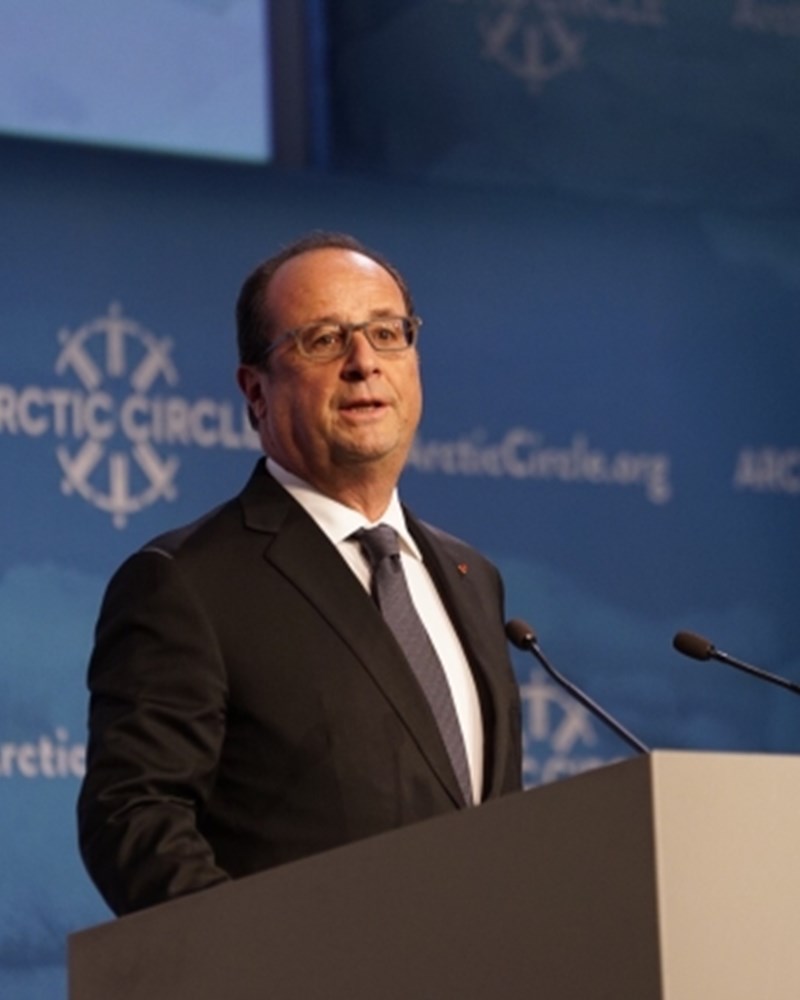Arms race, arms control and disarmament in the Arctic – Russian-US dialogue
Organized by NRF-UArctic Thematic Network on Geopolitics and Security 13. September 2017
In security studies, there are discourses,
Friday, October 13, 16:15 - 17:45
Location: Háaloft, Eighth Level
In spite of this, there in the Arctic is high geopolitical stability based on resilient international and interregional cooperation between the Arctic states and globally, which is a precondition for environmental protection, sustainable
Speakers:
- Michael T. Corgan, Associate professor, Pardee School at Boston University: America First or Arctic first: Changing US Priorities for the Arctic
- Nikita Lomagin, Professor, European University in St. Petersburg: Russia's Security-Policy in the Arctic
- Alexander Sergunin, Professor, St. Petersburg State University: The Changing Role of Military Power in the High North
- Karen Everett, PhD Candidate, Trent University, Ontario: North American Arctic Border Management as a Strategy for Comprehensive Regional Security?
Moderator:
- Raimo Väyrynen, Professor, University of Lapland

